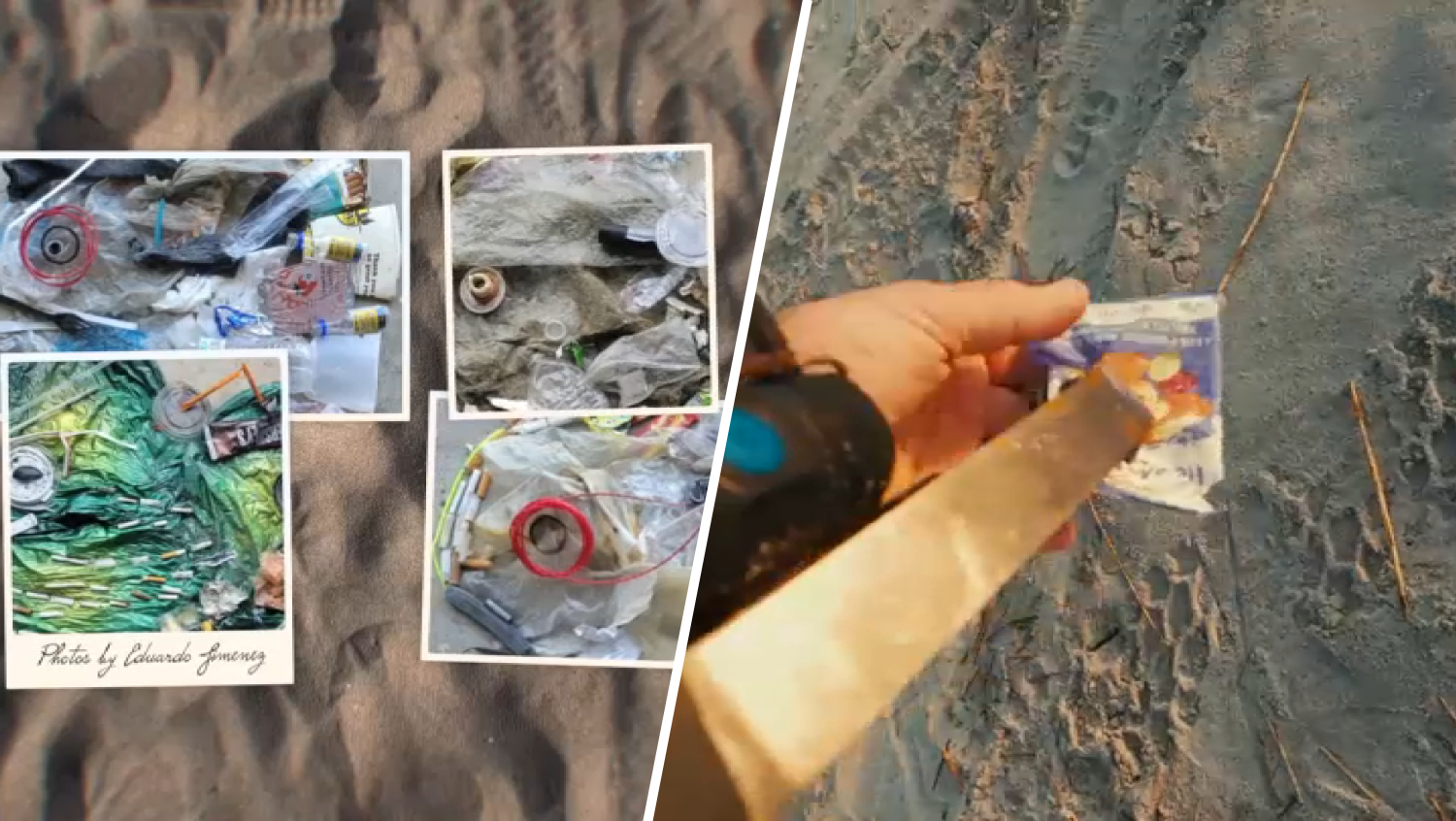An outer-space delivery firm that is working with Carnegie Mellon University to put a privately-owned lunar rover on the moon is offering to "mail" personal keepsakes to the moon as a way to help fund the partnership's rocket launch.
Astrobotic Technology and Carnegie Mellon are trying to get their lunar rover to the moon to win $20 million in an international contest sponsored by Google to promote privately funded lunar exploration.
Astrobotic, a spin-off company of CMU, has leased a rocket built by a private California firm, Space X, to carry the lunar rover and is offering the MoonMail service to help pay for the trip.
On its website, Space X advertises a moon rocket lease for $61 million, with a 10 percent discount for any of the groups competing in the Google competition.
On Thursday, Astrobotic launched moonmail.co, a website where people can sign up to send their keepsakes in tiny MoonMail packages to the moon, the Pittsburgh Post-Gazette reported.
The cargo is regulated by the Federal Aviation Administration and the U.S. Department of Defense. As such, Astrobotic expects people will send non-volatile items like wedding rings, locks of hair or other tiny heirlooms.
A keepsake mailer--a hexagonal capsule (inch wide by 1/8-inch high)--sells for $460. The largest--a 1-inch by 2-inch hexagonal-- sells for $25,800.
Local
Breaking news and the stories that matter to your neighborhood.
"This allows people around the world to have direct participation in missions to the moon," Astrobotic chief executive officer John Thornton said.
The rover, nicknamed Andy, is a solar-powered, knee-high, four-wheeled robot. Under terms of Google's LunarX prize, the winning rover must travel about a third of a mile on the lunar surface by the end of 2015. The device must also be able to transmit video of its progress to Earth.
For customers sending a package by MoonMail, there's no need for a return address. The items will remain on the moon in a pod that will be attached to the moon rover.
"The Moon Pod will serve as an invaluable time capsule representing our era for future generations of space travelers," the MoonMail website says. "We believe that these items will be considered prized valuables much like artifacts from ancient civilizations are treated today."



